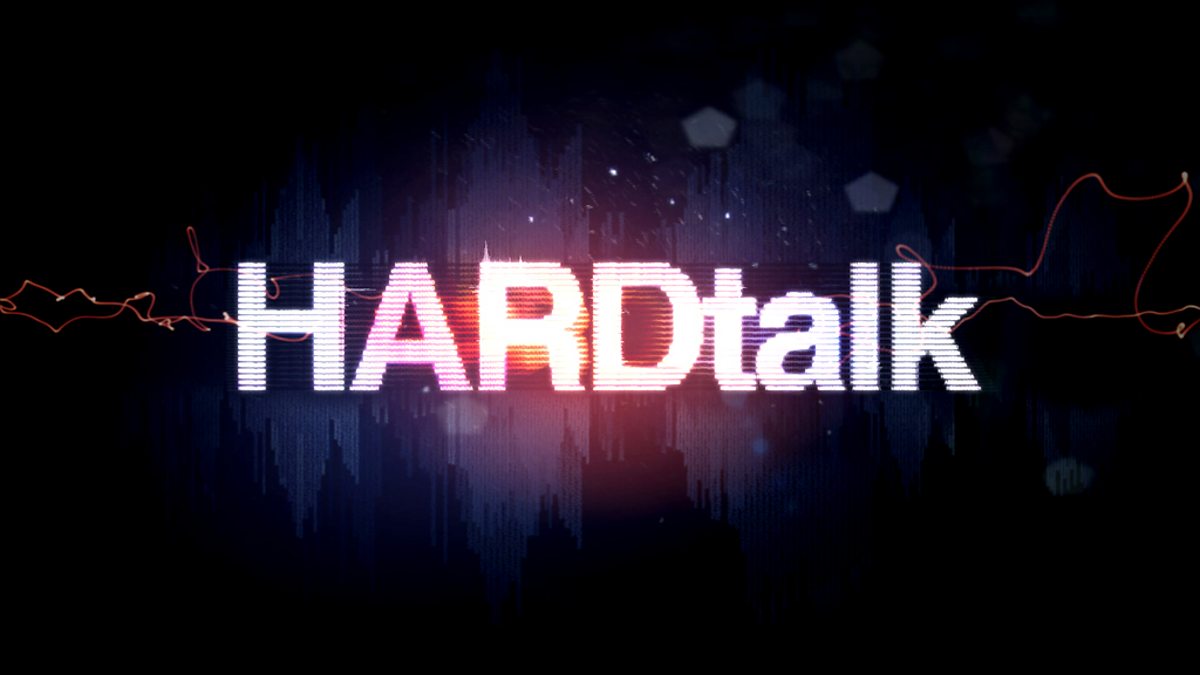I've just watched an episode of HardTalk which I recorded last week but which seems to be a repeat from earlier in the year, with Jonathan Miller.
Interesting generally, as usual with Miller, e.g. his account of a spat with Bartoli in New York because she wanted to do something that was "not proper" i.e. interpolate two arias in an opera because "it would make her more noticeable"
But it was this exchange that got me thinking, started by the rather over-earnest, BBC-compliant Stephen Sackur asking:
SS: But it's also important to reach as broad an audience as possible isn't it?
JM: No, I don't think that's important at all. I think what's important is....
SS: You're quite happy to put on a show which attracts frankly just an élite audience?
JM: Not an élite audience but an audience that in fact already has an interest in seeing something like that, in seeing something real. I'm not interested in having a statistically larger number of people coming to watch it than otherwise would. It's very nice if in fact the theatre is packed, but I'm perfectly happy to have a theatre which (like for example at the Rose Theatre at the moment in Kingston)... I'm very happy and indeed everyone in the cast is happy if there are 400 people there rather than 2000.
Discuss!
EDIT: Just seen that the programme is on both iPlayer
and YouTube
Interesting generally, as usual with Miller, e.g. his account of a spat with Bartoli in New York because she wanted to do something that was "not proper" i.e. interpolate two arias in an opera because "it would make her more noticeable"

But it was this exchange that got me thinking, started by the rather over-earnest, BBC-compliant Stephen Sackur asking:
SS: But it's also important to reach as broad an audience as possible isn't it?
JM: No, I don't think that's important at all. I think what's important is....
SS: You're quite happy to put on a show which attracts frankly just an élite audience?
JM: Not an élite audience but an audience that in fact already has an interest in seeing something like that, in seeing something real. I'm not interested in having a statistically larger number of people coming to watch it than otherwise would. It's very nice if in fact the theatre is packed, but I'm perfectly happy to have a theatre which (like for example at the Rose Theatre at the moment in Kingston)... I'm very happy and indeed everyone in the cast is happy if there are 400 people there rather than 2000.
Discuss!

EDIT: Just seen that the programme is on both iPlayer
and YouTube


 Miller perhaps could have been a bit more thoughtful in his immediate reaction.
Miller perhaps could have been a bit more thoughtful in his immediate reaction.





Comment